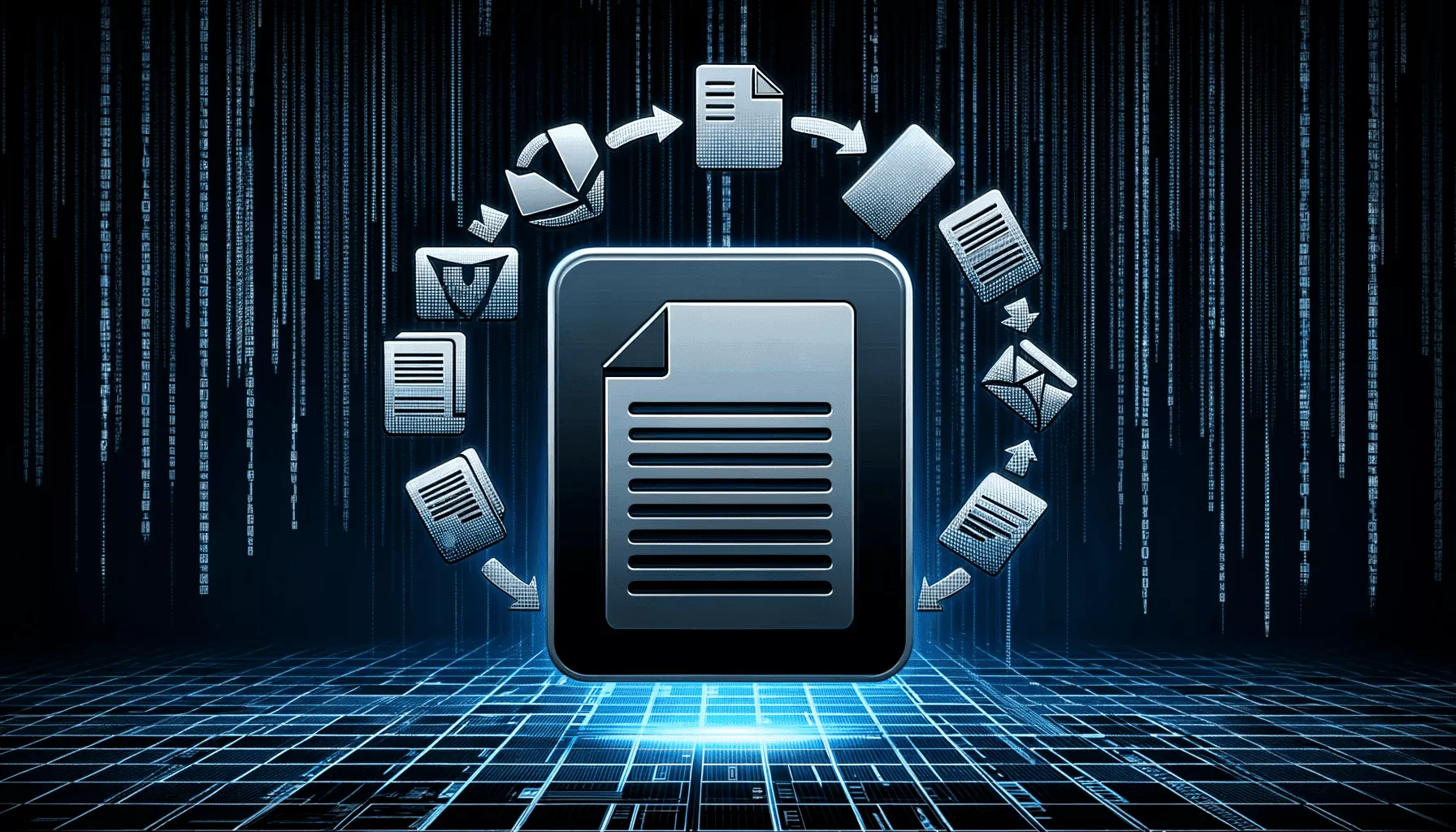Never Underestimate The Power of Plain Text : Standardizing on Markdown and Removing Vendor Lock-in

In today's digital age, we often find ourselves relying on proprietary formats for our data, from documents to PDFs. However, this dependence on closed systems can lead to vendor lock-in, limiting our ability to access and work with our own information. In this article, I want to share my personal journey of migrating away from proprietary formats and embracing the power of plain text, specifically Markdown. By standardizing on Markdown, I have been able to remove vendor lock-in, achieve data portability, and work with my data in a more programmatic way.
Markdown, a simple and lightweight markup language, has become my go-to format for creating and storing content. Its simplicity allows me to focus on the content itself rather than getting caught up in complex formatting. With Markdown, I can write in plain text and easily convert it to HTML or other formats when needed. This flexibility has been a game-changer for me.
One of the first steps I took in my journey was migrating my personal website from WordPress to Markdown. By doing so, I freed myself from the constraints of a proprietary content management system and gained full control over my website's content. I opted for a static website generator, MKDocs, which allows me to write my content in Markdown and generate a static HTML site. This transition simplified my workflow and made it easier to collaborate with others and maintain version control using Git. This project did take me a while, as I wanted to be sure to migrate the content that I spent several years building.
Another significant aspect of my migration was moving away from Evernote and OneNote to Obsidian. Obsidian is a note-taking app that stores content in Markdown files, providing me with the freedom to organize and access my notes in a plain text format while still offering a powerful set of tools that can greatly enhance my notetaking experience. This shift has allowed me to break free from the limitations of proprietary note-taking applications and enjoy the flexibility of working with plain text. I can now easily search, link, and manipulate my notes using Obsidian's powerful features. Additionally these notes can be used to train ML models to make my data far more useful.
Standardizing on Markdown has brought numerous benefits to my workflow. Firstly, it has removed the shackles of vendor lock-in, ensuring that my data remains accessible and usable even if the tools I use change in the future. Secondly, Markdown's plain text nature allows me to work with my data in a more programmatic way. I can automate tasks, integrate with other tools, and even write scripts to manipulate my content. This level of control and flexibility has greatly enhanced my productivity and efficiency.
Over the past few years, I have had the opportunity to author numerous books, including The Ultimate ChromeOS Guide Series and The Great American Presidential Book of Tacos. It should not come as a surprise to know that these books were completely written in Markdown, and drafts of these books are stored as code in a git repository.
In conclusion, never underestimate the power of plain text. By standardizing on Markdown, I have been able to remove vendor lock-in, achieve data portability, and work with my data in a more programmatic way. The journey of migrating my personal website from WordPress to Markdown and transitioning from Evernote/OneNote to Obsidian has been transformative. I encourage you to explore the possibilities of Markdown and experience the freedom it brings to your digital life.